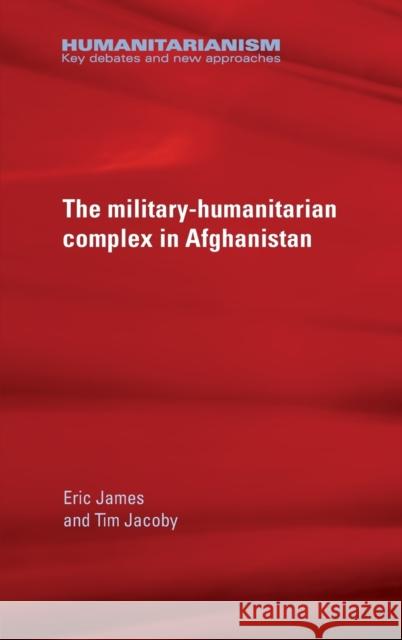The Military-Humanitarian Complex in Afghanistan » książka
The Military-Humanitarian Complex in Afghanistan
ISBN-13: 9780719097232 / Angielski / Twarda / 2016 / 200 str.
Over recent years, the relationship between humanitarians and the military has become especially controversial. Concerns over the compromised ethics and security of relief workers have been regularly highlighted. Many point to ongoing tensions and polarised positions that seem to leave NGOs a stark choice between neutrality and co-option. Using Afghanistan as a case study, this book analyses this apparent duality. It puts forward five basic arguments. First, the history of the relationship extends prior to the birth of modern humanitarianism. Second, inter-organizational friction is common between groups and it does not always have a detrimental impact. Third, working with the military does not necessarily create more dangerous situations for NGOs. Fourth, humanitarian principles are not a fixed set of propositions, but evolve according to temporal and situational context. Finally, humanitarians are generally not co-opted, but rather willingly take part in political-military endeavors. In all, it is suggested that NGOs tend to change their policies and actions depending on the context. The book thus transcends the simple for or against arguments, leading to a more refined understanding of the relationship between NGOs and the military.











